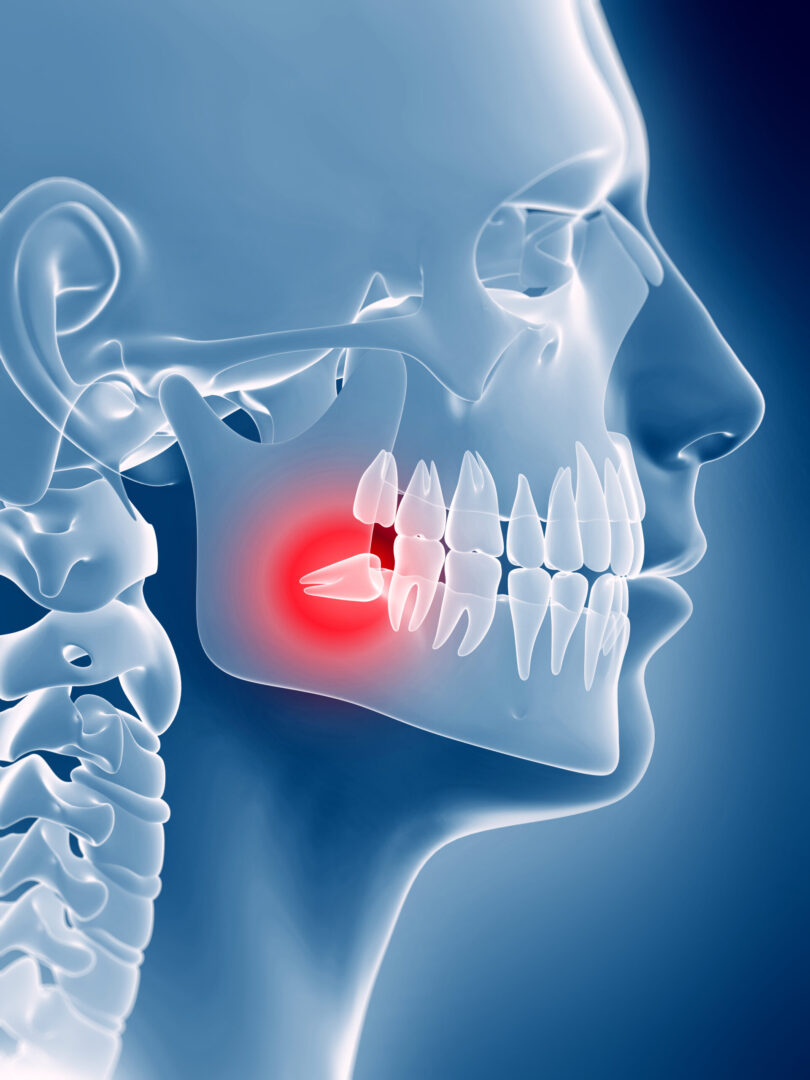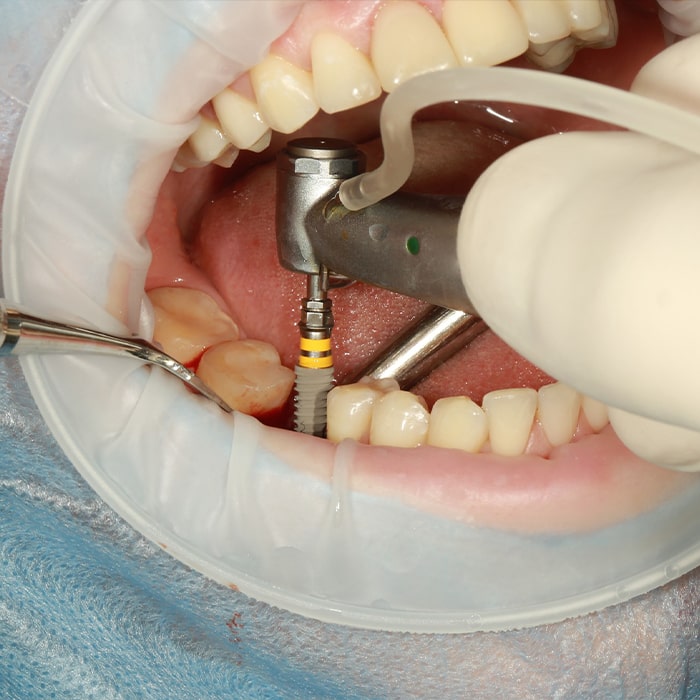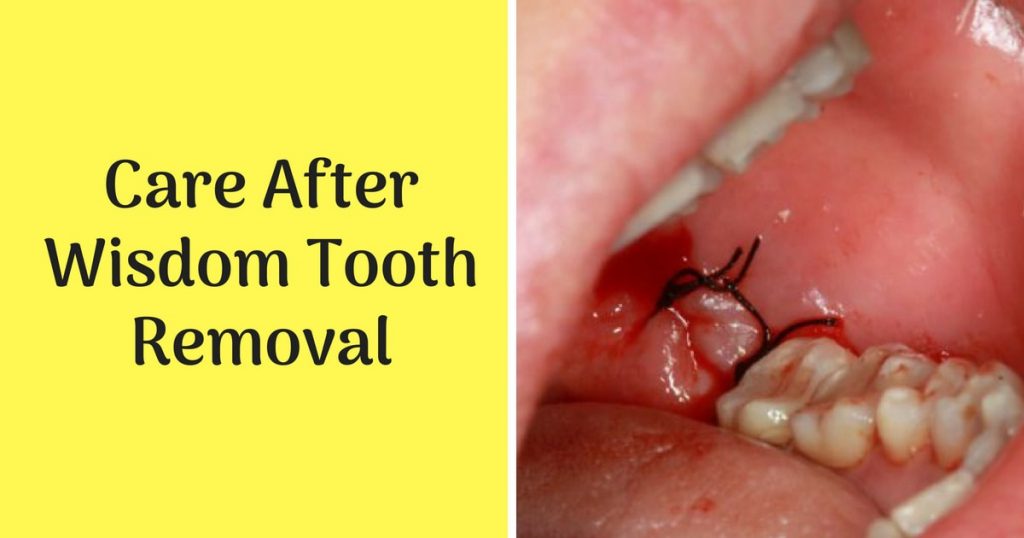Common Myths About Wisdom Teeth Removal Aspendale Debunked
Common Myths About Wisdom Teeth Removal Aspendale Debunked
Blog Article
Checking Out Different Sedation Options for a Comfy Knowledge Teeth Extraction Experience
The use of sedation throughout such treatments has come to be progressively common to minimize anxiousness and pain. With a variety of sedation alternatives readily available, from neighborhood anesthesia to basic anesthetic, each approach supplies varying degrees of relaxation and discomfort control.
Neighborhood Anesthesia
Local anesthesia is a generally utilized technique for numbing specific areas of the mouth throughout wisdom teeth removal treatments. By administering a regional anesthetic, such as lidocaine, a dental professional can ensure that the client continues to be pain-free and comfortable throughout the removal procedure.
One of the primary advantages of neighborhood anesthesia is its targeted numbing impact, which means that only the certain location being dealt with is affected. This localized method decreases the risk of systemic negative effects and enables a quicker healing post-procedure. Additionally, neighborhood anesthesia is taken into consideration to be a routine and safe technique in dentistry, with minimal threats included when administered by an experienced expert.
Nitrous Oxide
Nitrous oxide, commonly recognized as giggling gas, is a type of sedation commonly made use of in dental care to aid individuals relax during dental procedures. This sedation option enables the individual to remain receptive and aware throughout the treatment while really feeling at convenience and comfy.
Once the mask is removed, the impacts of the gas wear off rapidly, permitting people to resume their regular tasks without lingering sedative effects. Nitrous oxide is suitable for people of all ages, making it a functional sedation choice for wisdom teeth removals and other oral procedures.
Dental Sedation
Dental sedation, a pharmacological method used in dentistry, involves the management of sedative drugs by mouth to cause a relaxed state during dental treatments. This form of sedation is generally made use of for individuals undertaking wisdom teeth removal to alleviate anxiety and discomfort. The medicines recommended for oral sedation come from a class of medications called benzodiazepines, which have sedative, anxiolytic, and amnesic residential properties. Usually, the individual takes the recommended drug prior to the treatment, enabling sufficient time for the sedative results to take hold.
Unlike intravenous sedation, oral sedation does not require injections or needles, making it a more comfy option for people with an anxiety of needles. Furthermore, dental sedation is considered safe and reliable when carried out by skilled oral specialists.
IV Sedation
Carried out intravenously by trained physician, IV sedation is a powerful method utilized to induce a controlled state of deep leisure and unfamiliarity throughout oral procedures. Unlike oral sedation, which can be unforeseeable in its results, IV sedation allows for precise control over the degree of sedation, making it an ideal option for complex treatments like wisdom teeth extractions.
During IV sedation, a sedative medicine is provided straight right into the blood stream via a blood vessel, permitting it to work promptly and successfully. This approach ensures original site that the individual continues to be comfy and uninformed of the treatment while still keeping crucial functions such as breathing and heart rate.
One of the main benefits of IV sedation is its capacity to provide a much deeper degree of sedation compared to other techniques, making it especially suitable for people with high degrees of anxiousness or those undergoing substantial dental job (wisdom teeth removal aspendale). Furthermore, the results of IV sedation normally wear away slowly after the treatment, lowering the likelihood of grogginess or lingering side results. Overall, IV sedation offers a secure and efficient option for making sure a comfortable and stress-free experience throughout wisdom teeth extraction

General Anesthetic
Having gone over the benefits of IV sedation for knowledge teeth extraction, the usage of basic anesthesia offers an alternate option for patients needing a deeper level of unconsciousness during dental procedures. General anesthesia causes a regulated state of unconsciousness, making certain the individual really feels no discomfort or pain during the extraction procedure. This technique is specifically valuable for individuals with severe dental anxiousness, complicated medical demands, or those undertaking several removals concurrently.
General anesthesia is carried out by a qualified anesthesiologist who closely keeps an eye on the individual's vital indicators throughout the treatment. It involves using intravenous drugs or breathed in gases to generate a state of unfamiliarity. While under general anesthetic, the patient will not know the surgery, experience any type of pain, or have any type of recollection of the procedure afterward.
Although general anesthetic is risk-free when provided by certified professionals, it brings you can check here a somewhat greater risk contrasted to various other sedation options - wisdom teeth removal aspendale. Individuals considering general anesthesia for knowledge teeth extraction should review the potential threats and advantages with their dental expert or oral specialist to make an informed choice based upon their individual needs and medical background

Verdict
Finally, various sedation options are readily available to guarantee a comfortable wisdom teeth removal experience. Regional anesthesia is generally used for numbing the specific location, while nitrous oxide provides relaxation and discomfort relief. Dental sedation and IV sedation offer deeper degrees of relaxation, depending on the individual's needs. General anesthesia can be made use of for much more complex situations. It is essential to seek advice from your dentist or dental doctor to figure out one of the most suitable sedation choice for your procedure.
Nitrous oxide is suitable for patients of all ages, making it a functional sedation choice for wisdom teeth removals and other oral procedures.

Report this page